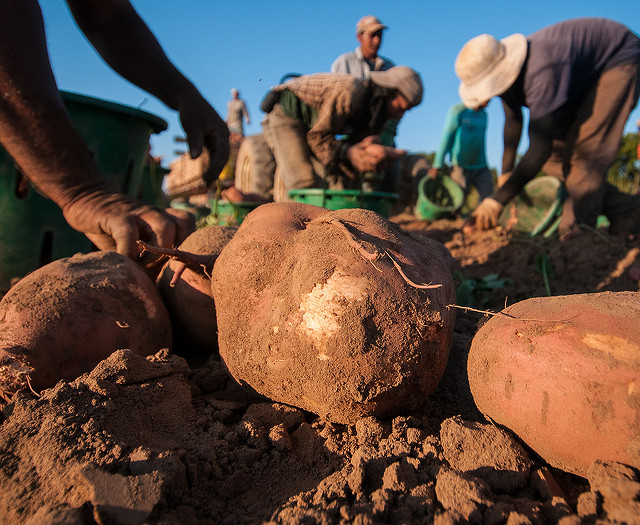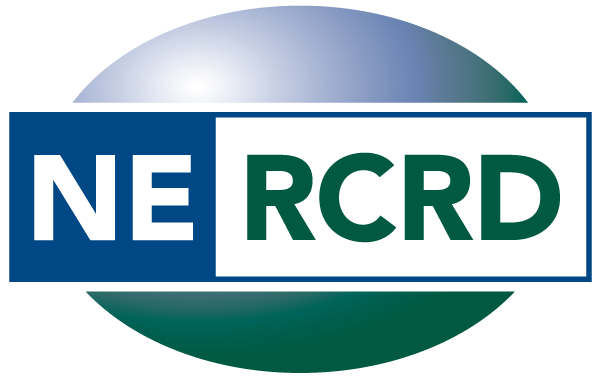
New study explores intersection of health insurance and national farm policy
The study, authored by a team of researchers led by Shoshanah Inwood, Ohio State University (formerly at University of Vermont) and published in Choices Magazine, consisted of in-depth interviews with 100 farm families and surveys of 1,062 randomly selected farmers and ranchers in ten states. Their findings paint a picture of how prominently health insurance figures into the decision-making of many farm families, who are engaged in one of the most dangerous occupations in the U.S.
For example, 72 percent of the 18-64 year-old farmers in the study reported working off-farm for access to additional income and health insurance, but some acknowledged that doing so takes away from the farm enterprise. “In our interviews, farmers consistently pointed out the stress of commuting long distances to work, farming, and family obligations and the additional stress of performing well at their job to ensure they would not be fired or let go and lose their benefits,” wrote the authors, who are members of the USDA-funded research project titled Health Insurance, Rural Economic Development and Agriculture (HIREDnAg).
The study also looked at farmers’ use of the health insurance marketplace. They found that roughly one-fifth of the farmers in their sample acquired health insurance for the first time. Among younger farmers (ages 18-34), 11 percent reported acquiring health insurance through their state health insurance marketplace. The Affordable Care Act also includes a provision that helped some farmers — especially those who are “land rich, but cash poor” — qualify for expanded Medicaid coverage, because it bases eligibility on income and not on the assets of the farm enterprise.
Other findings include:
- 92 percent of the farm families in the study had health insurance in 2016.
- Three-fourths of those surveyed indicated that health insurance is a risk management strategy they view as important or very important.
- 38 percent receive public insurance such as Medicaid, Medicare, or the Children’s Health Insurance Program.
- 64 percent reported having a pre-existing health condition.
Policy Implications
The authors note that “current farm risk management programming predominantly focuses on production and marketing related risk and currently places little emphasis on health risk outside of farm safety. These findings reinforce the need for more active integration of health into business and risk management planning.”
They also point out that one way to ensure returns on the significant investments that USDA has made to attract a new generation to farming is to “consider the interplay between national farm policy and healthcare policy.” The farmers they surveyed seem to agree: 74 percent indicated that they believe the USDA should represent farmers’ and ranchers’ needs in discussions about national health insurance policy.
The study, titled “Health Insurance and National Farm Policy,” is available online at: http://www.choicesmagazine.org/choices-magazine/submitted-articles/health-insurance-and-national-farm-policy.
In addition to Inwood, other authors of the study include: Alana Knudson of the NORC Walsh Center for Rural Health Policy; Florence Becot and Jason Parker of Ohio State University; Bonnie Braun of the University of Maryland; Stephan J. Goetz of the Northeast Regional Center for Rural Development at Penn State; Jane Kolodinsky, Katlyn Morris and Bob Parsons of University of Vermont; Scott Loveridge of Michigan State University, Rachel Welborn of the Southern Rural Development Center at Mississippi State University; and, Don E. Albrecht of the Western Rural Development Center at Utah State University. For more information visit https://www.hirednag.net/.
